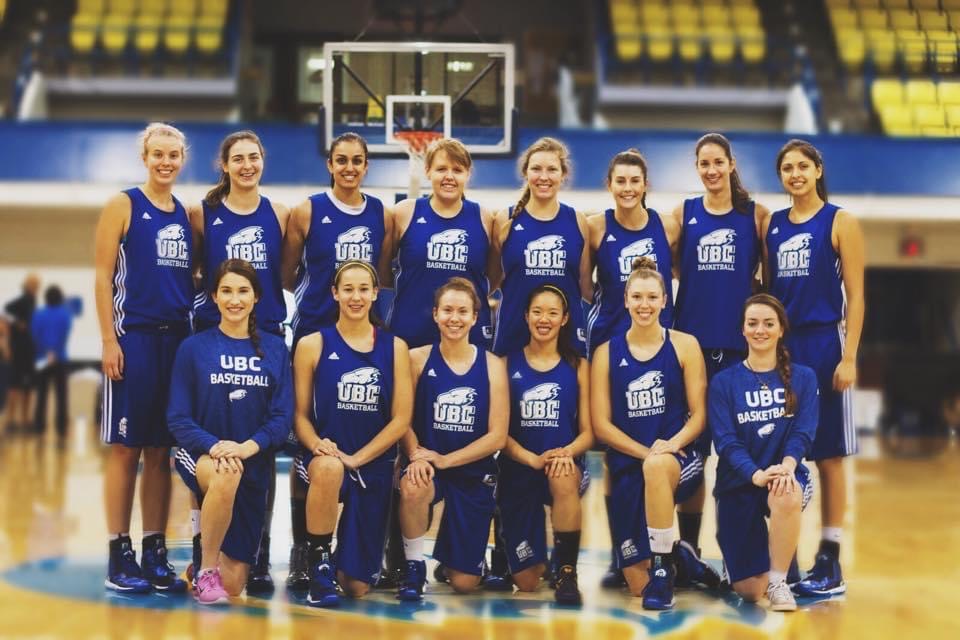Your Cart is Empty

My first experience with injury came during my freshman year at UBC. I was living on my own for the first time, juggling a full course load, practices, games, lifts, individual workouts, off-court sessions, and, with what time I had left, a social life.
With so much suddenly on my plate, I started to sacrifice the things I deemednon-essential. Those things being substantial meals, adequate sleep and proper post-workout recovery habits. As you can imagine, my packed schedule and poor time-management eventually caught up with me and I ended my first year with a bout of double pneumonia and a torn right meniscus.
As someone who had been relatively healthy my entire life, this experience served as a huge wake-up call. I realized that if I was going to have any chance at success in the long-term, I needed to start taking care of myself in the short term. So, after loading up on a heavy dose of antibiotics and undergoing surgery to repair the damage done to my knee, I started taking my recovery more seriously.
I traded my diet of ramen noodles and saltine crackers for foods that would help keep me fuelled throughout the day. I started carving out time after practice to stretch and ice my body to keep it from breaking down at the end of a long week. I stopped staying up all hours of the night towatch Netflix, and focused on getting a solid 8 hours of sleep a night. As I started to take better care of myself physically, the craziest thing happened; I started to feel better emotionally, too. My brain-fog began to clear, my energy levels increased, and ultimately, I was a lot happier and more fun to be around.
Of course, all of this didn’t happen overnight. It took me weeks, even months, to finally feel like I was back on track. Post-surgery, I was in physio four times a week to ensure that my body would be ready to go before the start of the next season. My physio, Jay, was constantly telling me toslow down; that my road to recovery was a marathon, not a sprint.
Over time, my mindset towards healing started to shift. I was able to recognize the difference between real pain, and momentary discomfort—when to push through and when to ease off. By managing my recovery in this way, I was able to get back on the court three weeks earlier than my surgeon had originally thought which taught me that sometimes, you have to slow down to go fast.
The moral of the story here is that recovery has always been, and will always be, a very personal experience. The journey is often non-linear and requires us to hone in and listen to our bodies about what they need, when they need it.
Companies like REUP encourage busy people to slow down, listen to their bodies, and give them the love they need to keep functioning their best!